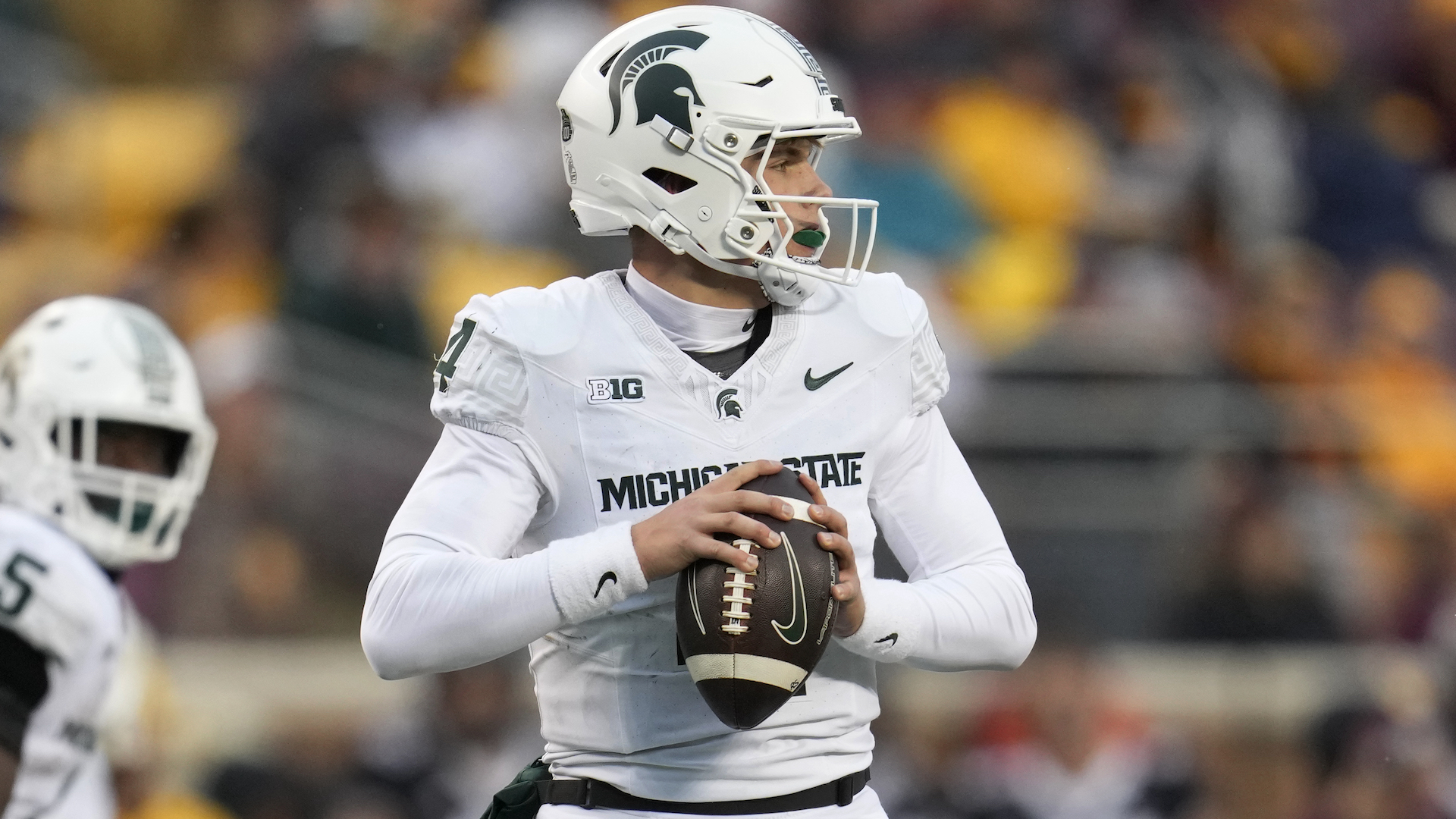ASU's Leavitt Gives 100% of Merch Royalties Back to NIL: Exploring the Complex Web of Revenue and Student-Athletes' Rights
Introduction
Arizona State University football player and social media sensation, Sam Leavitt, recently made headlines with his bold decision to give all of his merchandise royalties back to the school's NIL (Name, Image, and Likeness) collective. This move has sparked a heated debate about the complexities of NIL, the rights of student-athletes, and the future of college sports. With the NIL landscape still evolving, Leavitt's actions have shed light on the ethical and financial challenges that lie at the heart of this burgeoning industry.
The Complexities of NIL
NIL is a relatively new set of regulations that allow college athletes to profit from their own name, image, and likeness. This has opened up new financial opportunities for student-athletes, but it has also raised concerns about the potential for exploitation and the impact on competitive balance.
Leavitt's decision to donate his merch royalties back to ASU's NIL collective highlights the fact that NIL is not a one-size-fits-all solution. While some athletes may choose to maximize their earnings, others may prioritize their team or the broader student-athlete community.
Student-Athlete Rights and Ethics
The NIL landscape has raised important questions about the rights of student-athletes and the ethical implications of commercializing college sports. Some argue that NIL is a necessary step towards compensating athletes for the revenue they generate for their universities. Others contend that it could undermine the integrity of college sports and create an unfair advantage for athletes at wealthy schools.
Leavitt's decision to reinvest his royalties in the NIL collective is a testament to his belief in the importance of athlete empowerment. By doing so, he is not only providing financial support to his fellow athletes but also advocating for a more equitable distribution of NIL revenue.
Financial Implications
Leavitt's donation has brought attention to the financial implications of NIL for both athletes and universities. While some athletes may be able to earn substantial revenue through NIL deals, the majority will likely not. This raises questions about how to ensure that all student-athletes have access to the benefits of NIL.
Additionally, universities are grappling with the issue of how to manage NIL revenue and ensure that it is used in a manner that aligns with their educational mission. Leavitt's decision to donate his royalties to the collective is one example of how universities can work with athletes to create a more equitable NIL system.
Real-Life Examples and Perspectives
Sam Leavitt is not the only college athlete taking a stand on NIL. Other high-profile athletes, such as Paige Bueckers and Trevor Lawrence, have also spoken out about the importance of athlete empowerment and fair compensation.
There are also examples of universities adopting innovative approaches to NIL. The University of Kentucky, for instance, has established a NIL fund that provides support to all student-athletes, regardless of their sport or earning potential.
These real-life examples demonstrate the evolving nature of NIL and the ongoing debate about how to balance the interests of athletes, universities, and the broader sports landscape.
Conclusion
Sam Leavitt's decision to give 100% of his merch royalties back to ASU's NIL collective has sparked important conversations about the complexities of NIL, the rights of student-athletes, and the future of college sports. While there is no easy answer to these complex issues, Leavitt's actions have contributed to a more nuanced understanding of the challenges and opportunities presented by NIL.
As the NIL landscape continues to evolve, it is likely that we will see more student-athletes and universities grappling with these complex issues. The outcomes of these debates will ultimately shape the future of college sports and the relationship between athletes and universities.
Read also:
Mikal Bridges Unloads Dominant Performance
American Icon Ralph Lauren Honored With Presidential Medal Of Freedom

